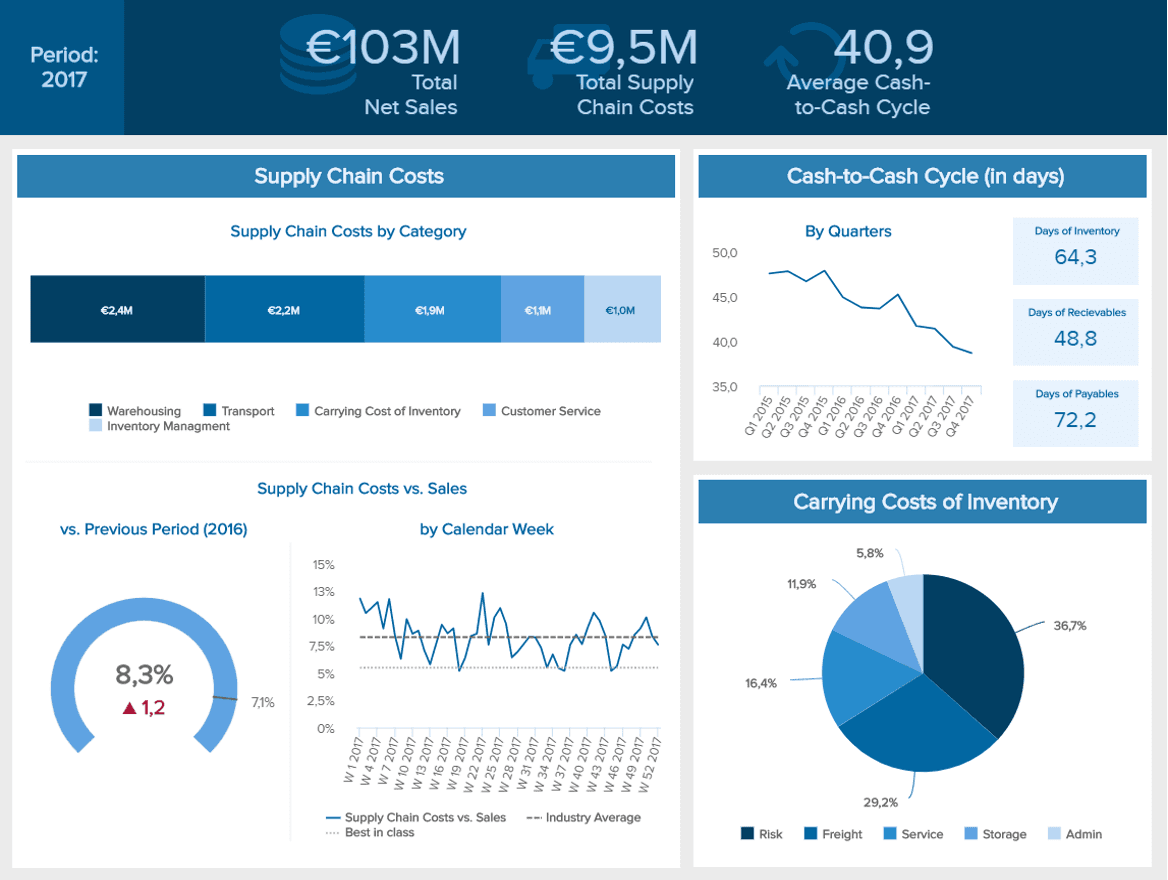Data Analytics for Healthcare: CaseWhen Consulting
Unlock the Power of Healthcare Data
Transforming Healthcare Insights into Strategic Actions for Unmatched Patient Care and Operational Excellence
Enhance Patient Outcomes: Gain real-time insights into patient data and clinical performance.
Optimize Healthcare Operations: Streamline workflows and maximize resource utilization.
Predict Healthcare Trends: Utilize predictive analytics to anticipate and address emerging healthcare needs.
What is Data Analytics for Healthcare?
10 KPIs of Data Analytics for Healthcare
How is Analytics Used in Healthcare?
Enhanced Patient Outcomes
Enhanced patient outcomes involve using data analytics to gain real-time insights into patient data and clinical performance. Analytics helps track key metrics, evaluate treatment success, and identify opportunities for improving patient care.
Example: Implementing a healthcare dashboard to monitor KPIs such as patient satisfaction and hospital readmission rates, leading to more effective patient management strategies and improved care quality.
Benefit: Enhanced visibility into patient outcomes enables faster decision-making and improves the quality of care.
Optimized Healthcare Operations
Optimizing healthcare operations means using data analytics to streamline workflows and maximize resource utilization. Analytics helps identify inefficiencies, optimize scheduling, and enhance overall operational performance.
Example: Using predictive analytics to forecast patient admissions and allocate staff accordingly, resulting in better resource management and reduced wait times.
Benefit: Better operational strategies increase efficiency, reduce costs, and improve the patient experience.
Healthcare Trend Prediction
Healthcare trend prediction involves using data analytics to anticipate and address emerging healthcare needs. Analytics can predict trends such as disease outbreaks, patient demand shifts, or changes in treatment efficacy, enabling proactive management.
Example: Applying predictive analytics to forecast seasonal flu outbreaks, allowing healthcare organizations to prepare resources and treatment plans in advance.
Benefit: Proactive healthcare trend prediction enables healthcare providers to stay ahead of patient needs, adapt to changing conditions, and deliver timely, effective care.
By leveraging data analytics in healthcare, organizations can gain critical insights, optimize operations, and predict trends more effectively, leading to improved patient care, operational efficiency, and overall healthcare performance.
CaseWhen's Innovative Approach
Unique Methodology for Healthcare Analytics
At CaseWhen, we redefine healthcare analytics with an innovative methodology that surpasses traditional approaches. Our blend of advanced data analysis techniques and industry expertise provides actionable insights that drive strategic healthcare decisions.
Advanced Analytics Techniques and Industry Expertise
What sets CaseWhen apart is the integration of cutting-edge analytics with deep healthcare knowledge. This powerful combination offers a comprehensive understanding of your unique healthcare challenges and opportunities, enabling us to develop tailored solutions that deliver measurable results.
Customized Solutions for Your Business
Recognizing that one-size-fits-all doesn’t work in healthcare analytics, CaseWhen designs customized solutions that align with your specific goals and requirements. Whether you need advanced clinical data analytics, operational efficiency strategies, or predictive healthcare insights, we ensure our solutions are tailored to meet your objectives.
Tailored Strategies: Solutions designed to meet your specific healthcare needs
Expert Insights: Leverage our deep industry knowledge for a competitive edge
Proven Results: Enhance healthcare performance with data-driven decisions.
Unlock the full potential of your healthcare data with CaseWhen’s Data Analytics for Healthcare Service. Let us help you transform insights into actionable strategies that drive your business forward.



